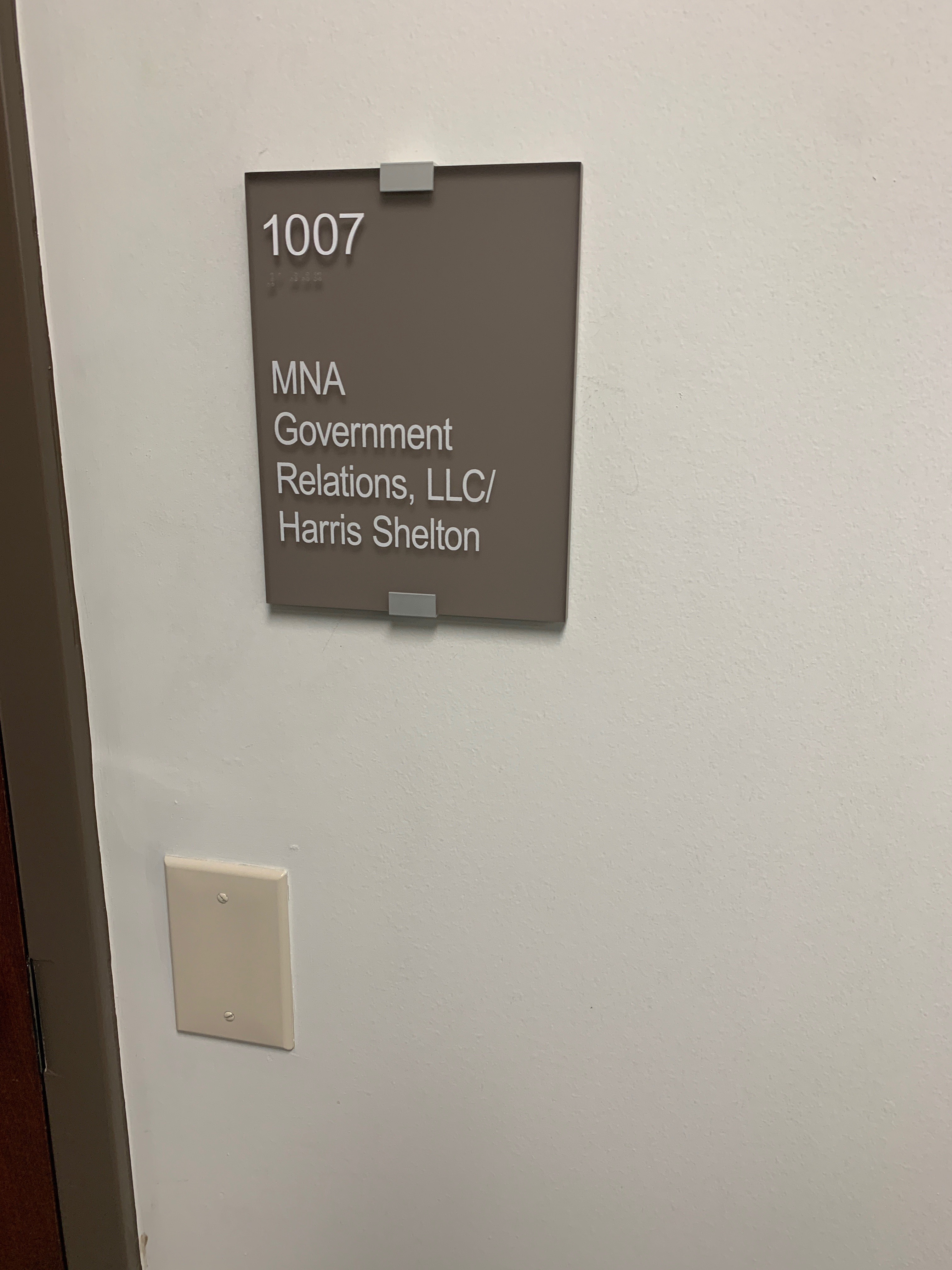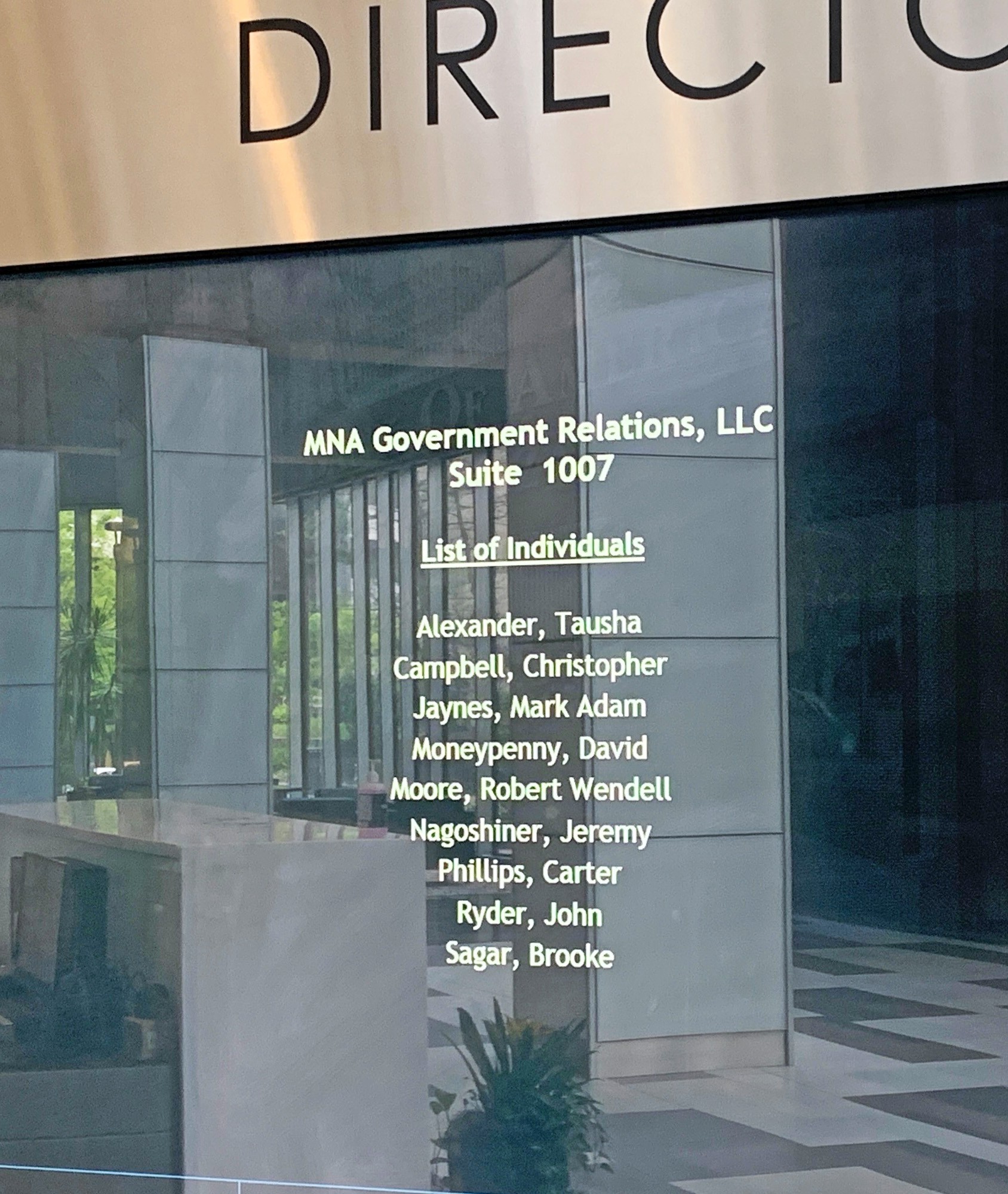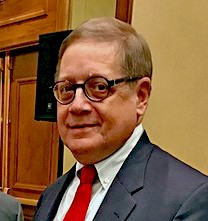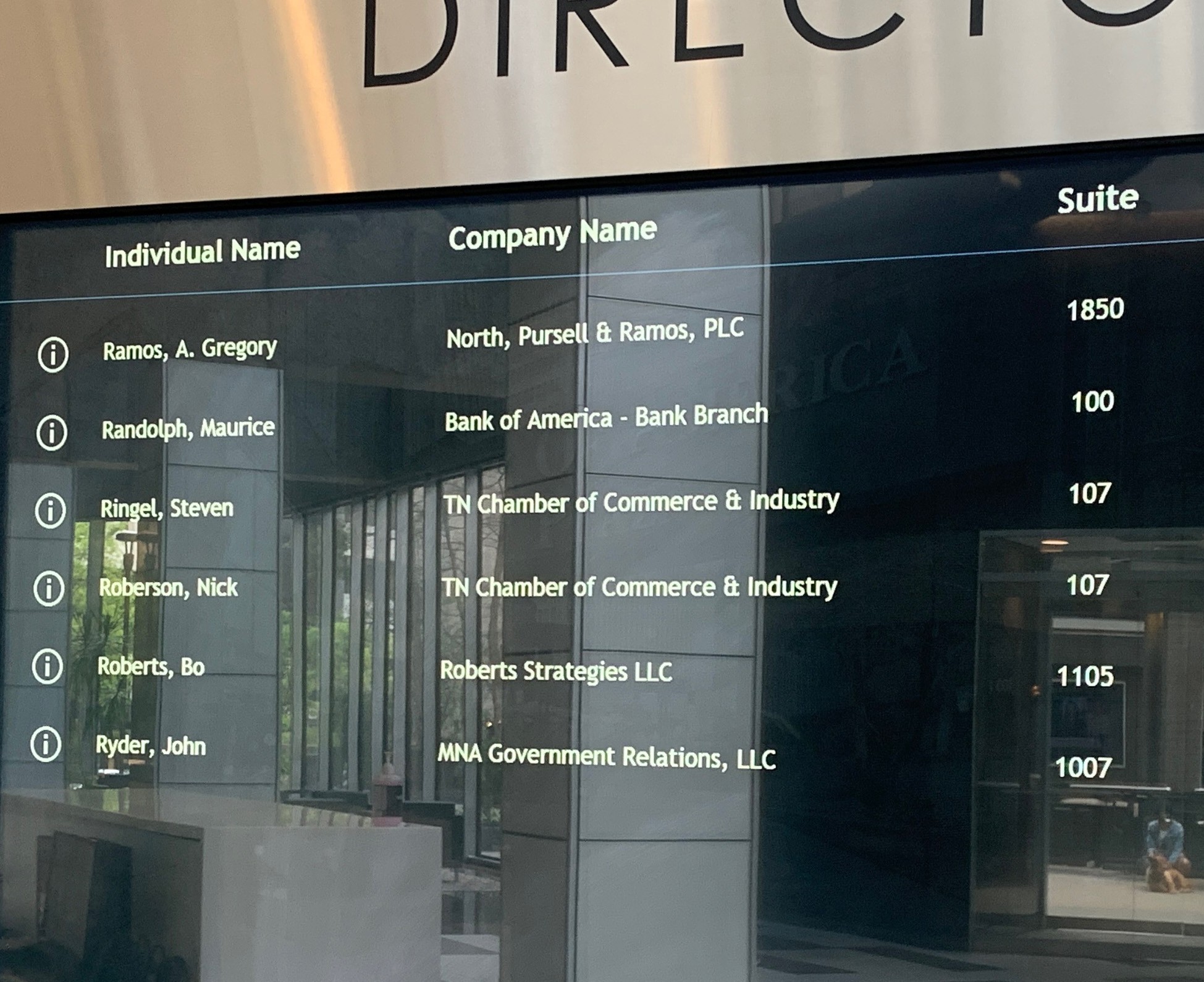Election results of the 2023 Memphis city election are due to be certified by the Election Commission on Monday, October 16th, but there is a middling-sized controversy about the outcome.
Chief objector so far is one Jerred Price, the entrepreneur, activist, and entertainer who, most recently, was a candidate for City Council in Super District 8, Position 3.
Price lost that election, or so the numbers indicate. In a multi-candidate race, he came up third behind Brian Harris and the winner, Yolanda Cooper-Sutton, whose campaign was, to say the least, low-profile.
But wait a minute! Price, who is anything but bashful, is now telling anybody who will listen that the city election was compromised — and he may have a point, perhaps.
In a development that was treated more back-burner than perhaps it should have been by the media at large, a worker for the Election Commission reported a burglary of her car, which was parked in the Glenview area overnight Wednesday, October 4th.
Among the missing contents, she told police the next day — which was election day — were $1200 in cash, as well as keys to ballot boxes and election codes. The culprit was later apprehended and the items returned, and the story was reported on WATN, Channel 24.
At the time a statement was issued by the Election Commission denying that election codes had been stolen and maintaining that “the complete integrity of the October 5th election remained in place and without compromise.”
That didn’t satisfy Price, who vented accounts of the incident on social media and questioned how it was that such items as were reported stolen were allowed out of the Election Office in the first place.
Ultimately, he would circulate what he said was an emailed response to him from County Election Coordinator Linda Phillips. In what seems an unusually chatty tone, Phillips’s message to Price went as follows [our italics added]:
“I am sure you are disappointed about your loss last week, however, I would ask you to check your facts before you spread lies.
“While an inspector for the election had her car broken into, at no point was the election compromised in any way. Seriously, I thought you had more integrity than Trump.
“And I voted for you. If you have concerns, please go to the sources of accurate information. Twitter, Facebook, and NextDoor are not primary sources.”
Asked about the comments, Phillips did not deny writing them, and Price persists in contending that Phillips and/or the Election Commission owe a fuller response to the prospect that the election might have been compromised.

 Selene McClure
Selene McClure  Selena McClure
Selena McClure  JB
JB  Selene McClure
Selene McClure 